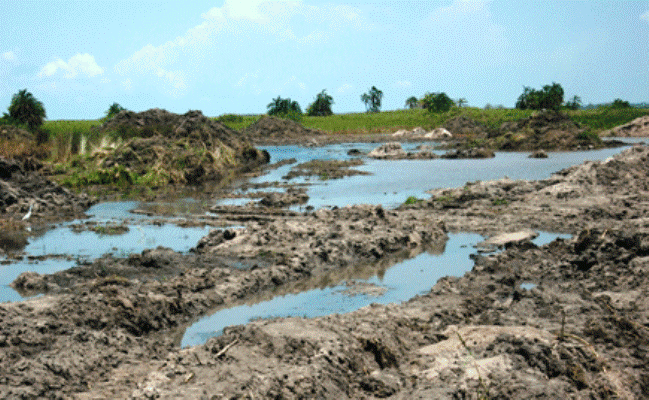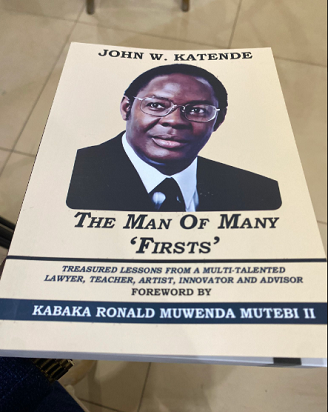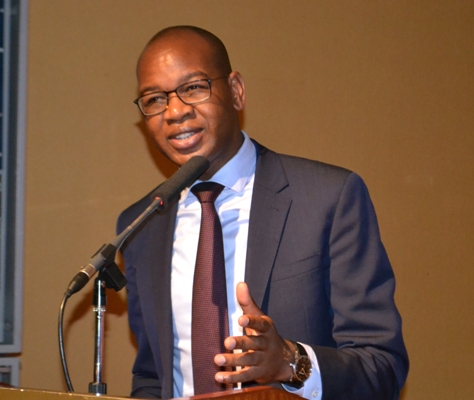The Ministry of Energy and Mineral Development has revealed that a policy and regulations regarding sand mining in the country will be ready by June 2018.
Energy Ministry officials led by the State Minister for Minerals Peter Lokeris made the remarks while appearing before parliament’s Public Accounts Committee (PAC) on Friday to answer audit queries raised by the Auditor General in his Value for Money Audit on Regulation and Monitoring of the Mining Sector for the financial year ending 2015.
The Committee Chairperson Angelline Osegge, who is also the Soroti Woman MP tasked the officials to explain why it has taken them several years to have regulations on minerals used as commercialized building materials.
Lokeris’s explanation that his ministry was reviewing the Mining Act to for it to capture sand and clay as they prepare regulation attracted more questions from other MPs asking what had taken the ministry long.
The Vice Chairperson of PAC Gerald Karuhanga wondered how the ministry was overseeing and regulating a sector without having bench marks in the country.
Bukholi Central MP Solomon Silwany noted that the level of destruction that illegal sand mining has caused is beyond repair with the ministry dragging its feet on regulations.
“There is a lot of laxity on the ministry’s side and we need workable solutions from the ministry, we are talking about Lake Victoria which many Ugandans depend on and its destructed,” said Silwany.
Osegge directed the ministry to avail her committee with the draft policy.
In his report, Auditor General John Muwanga established that the ministry did not regulate the mining of sand, clay, murram and stone quarrying contrary to the definition of industrial minerals as spelt out in the Mining Act and as a result could not levy royalties on these activities.
The Mining Act defines industrial minerals to include sand, barite, rock, clay, dolomite, feldspar, granite, gravel, limestone, marble, sandstone, slate and others which is commercially mined by a person for use in Uganda or industrially processed into finished or semi-finished products.
“Failure to levy royalty on these commercialized building materials was due to the ministry’s interpretation of the exclusion of building materials in the Mining Act without making an assessment as to whether they were mined by the individual for their respective domestic use or used for commercial purposes.” reads part of the audit report.
“Commercialized industrial building materials remained inappropriately regulated leading to loss of government revenue and siltation of the lake for sand mining. The ministry should consider regulating and levying mineral fees from commercialized building materials,” the report adds.
Sand mining has become a lucrative business especially in peri-urban areas due to the swiftly growing construction sector where it is used to make concrete. Environmentalists raised concern over the increasing sand mining in major swamps across the country, warning that excessive excavation of sand in wetlands will spark off a serious ecological disaster.
Media reports last year quoted David Kabale, the Wakiso District officer- in- charge of revenue saying that the district was losing loses Shs12bn annually in unauthorised illegal sand mining.





